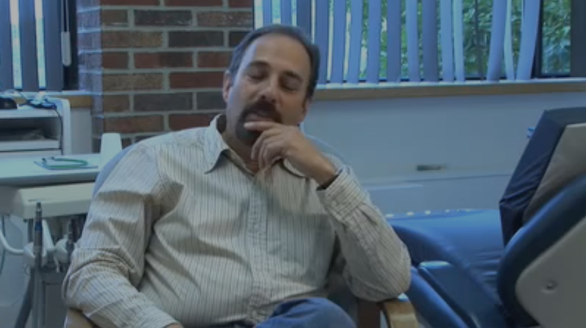Tooth Pain May Indicate Bruxism And Should Not Be Ignored.
Woman’s Day (5/12, Brody) identified seven “seemingly trivial pains” a person “should never ignore,” including tooth pain that causes waking during the night. The article stated that experiencing tooth pain may be a sign of bruxism, which is sometimes brought on by stress. “Call your dentist so he or she can figure out the problem,” the article stated, adding that a dentist may recommend a mouth guard.
MouthHealthy.org provides additional information on bruxism

